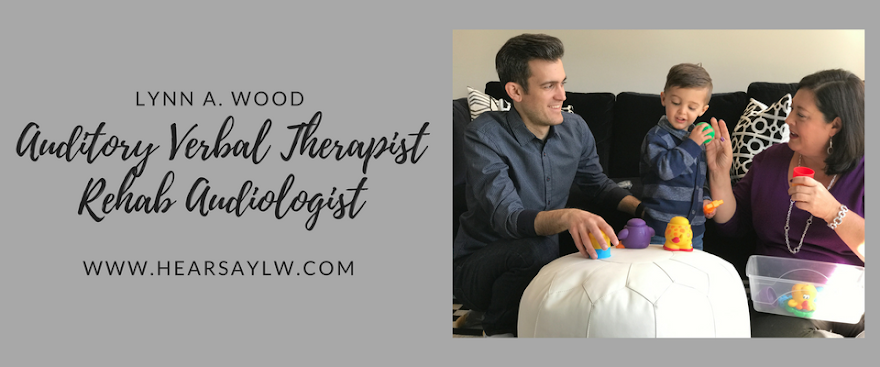If you are interested in finding out how Assistive Listening Devices may help you hear more clearly at work or school the MED-EL Blog has a few helpful blog posts.
Click HERE to begin reading. The archives are tagged for: "assistive listening device"
Auditory Verbal Therapy
Friday, October 30, 2015
Thursday, October 29, 2015
FUN FALL FESTIVITIES at HearingFirst.org
APPLYING LISTENING AND SPOKEN LANGUAGE (LSL) Strategies
TO FUN FALL FESTIVITIES
Fall brings many new and rich opportunities to introduce your child to new sounds and language along their listening and spoken language journey.
HearingFirst.org provides specific suggestions for home while your child is learning to listen and talk.
Click HERE to read go to the Hearing First website and download these free articles
Tuesday, October 6, 2015
Fire Safety for Individuals with Hearing Loss
Fire safety is a special concern for persons with hearing loss. Read the following precautions that can help save your life or the life of a loved one. Be prepared.
Tips from Cochlear America:
· Register as a person with impaired hearing
with your local emergency (911) dispatcher.
· Whether you’re staying in a college dorm,
hotel or other facility, be sure to request proper safety accommodations, such
as a fire alarm with a built-in strobe light that is ADA compliant.
· Establish an effective alerting system based
on your hearing loss needs. Some systems sound a low-frequency alarm, flash a
light or even vibrate the bed.
· Take preemptive measures to lower your fire
risks by making sure cigarette butts are fully extinguished before
discarding, never leaving a flickering candle unattended, and following
instructions when using a space heater and clothes dryer
· Menards
Smoke
alarms save lives. But those who are deaf or hard-of-hearing cannot depend on
the sound of the regular alarm to alert them to a fire.
People
who are deaf or hard-of-hearing should use alarms with strobe (flashing) lights
that have been tested by an independent testing laboratory. The alarms for
sleeping areas with strobe lights are required to be of a special high
intensity that can wake a sleeping person.
Most
major smoke alarm companies offer alarms with strobe lights. For information on
availability and pricing, go to the manufacturers' Web sites. Manufacturers,
distributors, and retailers of smoke alarms that meet U.L. standard 1971 for
people who are deaf or hard of hearing include:
According to the National
Fire Protection Association (NFPA), the three keys to proper fire safety
are Planning, Practice and Preparation so that you’re never caught
helpless in a blaze. Other measures may be appropriate as you deem fit. The
main point, of course, is your awareness and precaution. For more information about
fire prevention and safety, visit the NFPA’s website at www.nfpa.org.
Subscribe to:
Posts (Atom)






